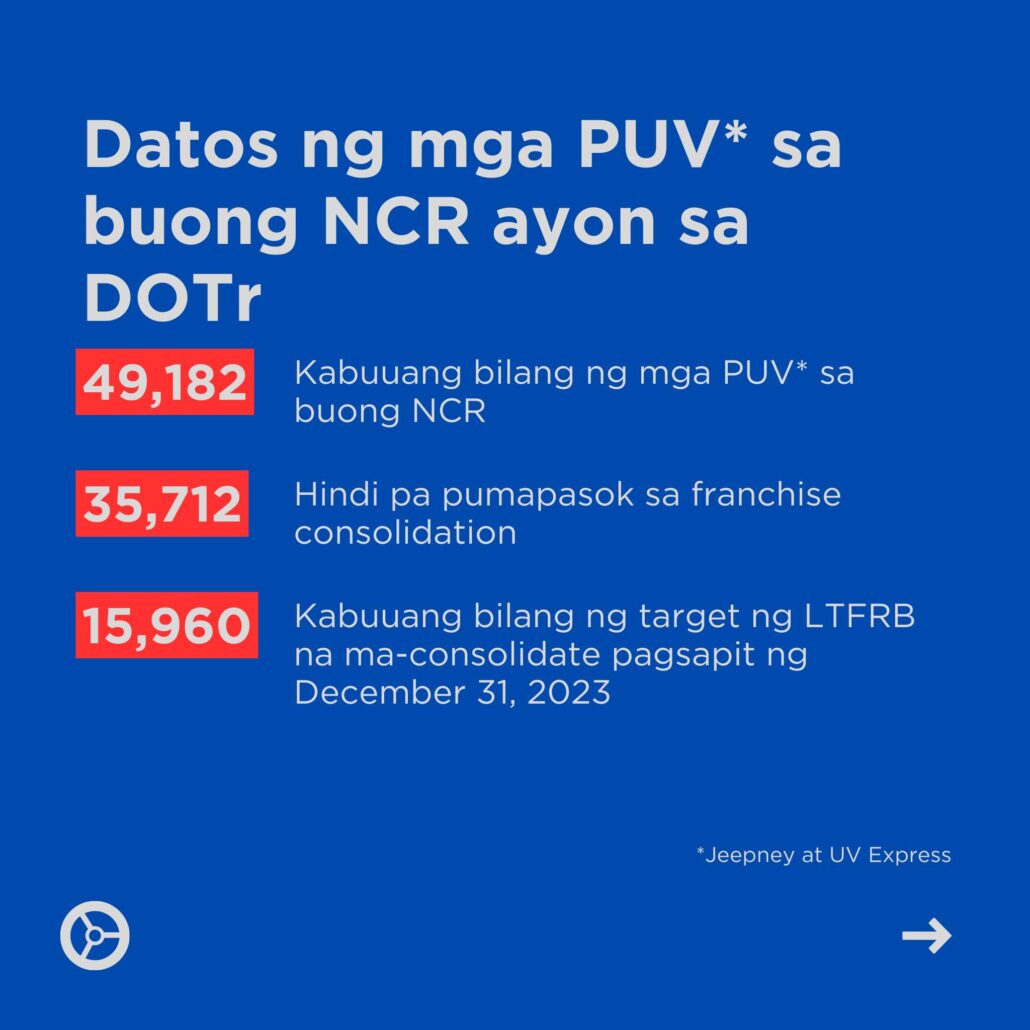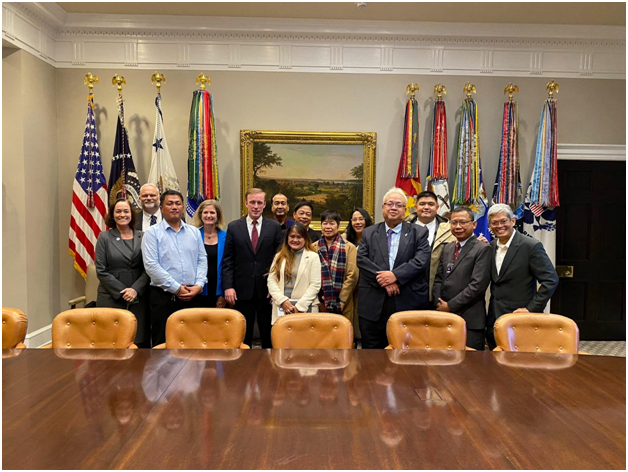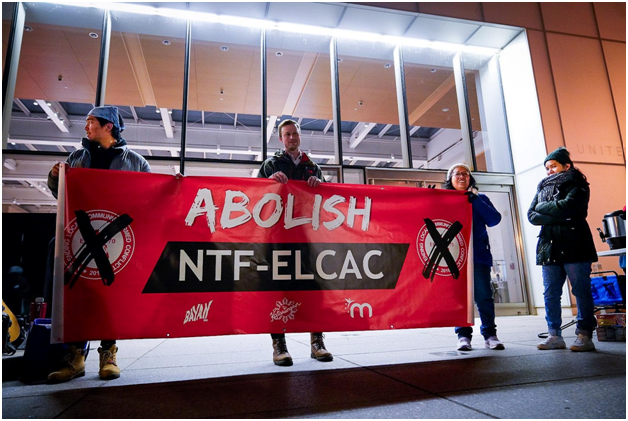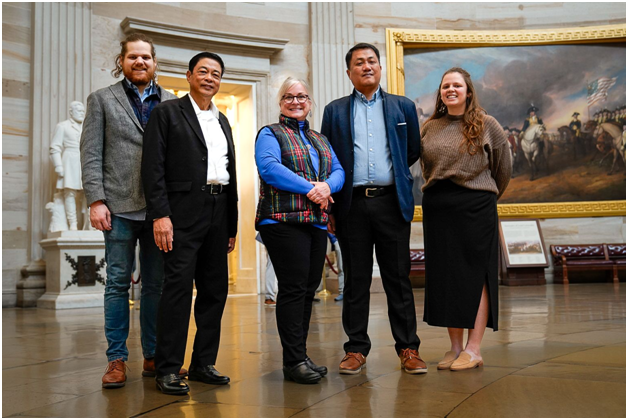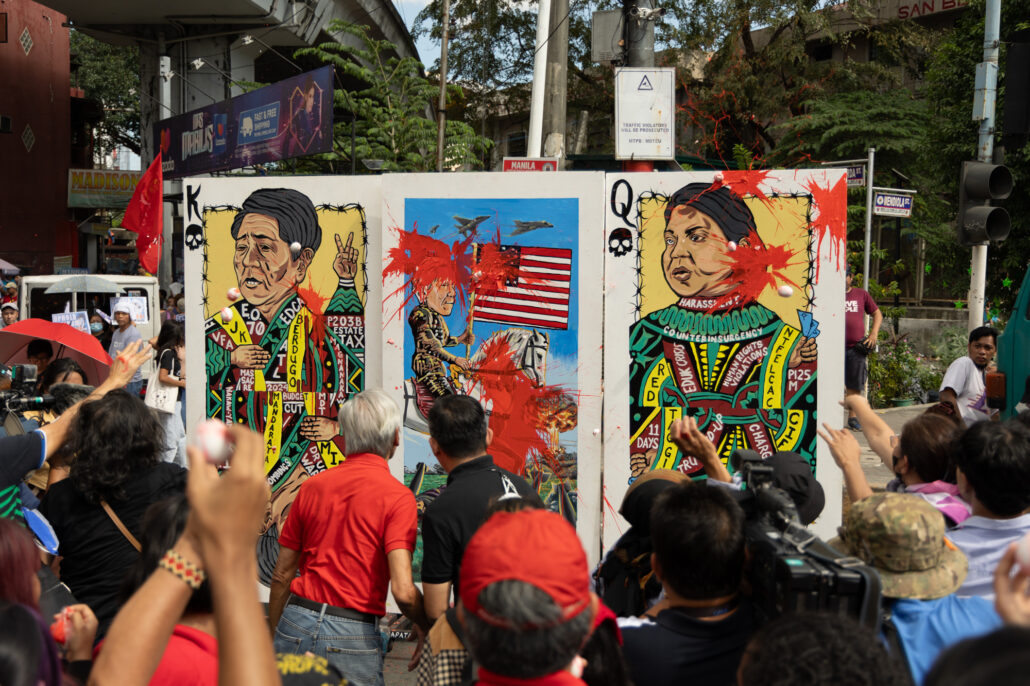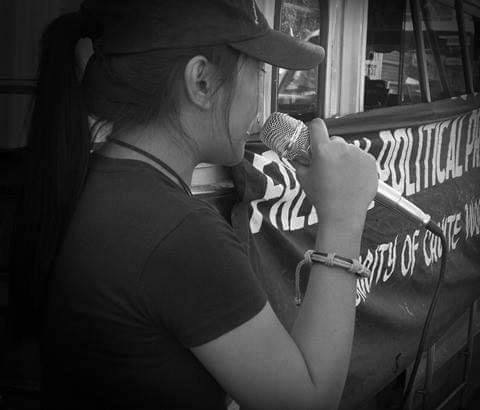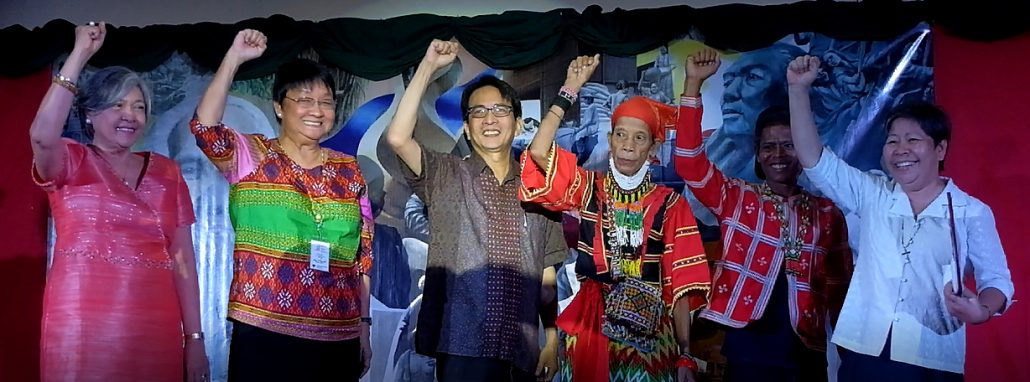Jeepney strike paralyzes major Metro routes
PISTON says Marcos misleads public with 70% consolidation claim
Striking jeepney drivers and small operators declared a 90% paralysis of major routes in the National Capital Region on the first day of their to-day protest action against the abolition of their livelihood.
Pagkakaisa ng mga Samahan ng Tsuper at Operator Nationwide (PISTON) also said 85% of several regions outside of the capital have also been paralyzed, forcing Land Transportation Franchising and Regulatory Board chairperson Teofilo Guadiz III to hold a dialogue with their leaders.
“We found out [from Guadiz] it is Bongbong Marcos who is pushing for consolidation of jeepney franchises on December 31. Now we know who to blame,” PISTON said in a statement.
The group also said President Marcos blatantly misled the public when he said that 70% of all jeepney franchises have already been consolidated under the government’s Public Utility Vehicles Modernization Program (PUVMP).
“Let their data speak for itself. There are 64,639 unconsolidated units nationwide, 30,862 of which are PUJs (public utility jeepneys) and 4,852 UV (utility vehicle) Express units in NCR,” PISTON said.
“This amounts to an estimated 60,000 PUJ drivers and 9,000 UV Express drivers; 25,000 PUJ operators; and 4,000 UV Express operators in NCR alone,” the group added.

PISTON said Marcos’ decision to ban jeepneys and other forms of public transportation such as UV Express vans would result in a transport crisis starting January 1, 2024.
Major areas of Metro Manila saw a marked decrease in the number of plying public utility vehicles on the road on Thursday.
PISTON said their strike affected routes from Commonwealth in Quezon City in the north, Pasig in the east, Manila in the west, to Alabang in Muntinlupa in the south of the metropolis.

Local government units and the Metro Manila Development Authority fielded hundred of buses throughout the metropolis, even as they sought to downplay the effect of the strike.
READ: WHY JEEPNEY DRIVERS ARE STRIKING
Meanwhile, various groups expressed solidarity with the strikers such as the Kilusang Mayo Uno, Concerned Seafarers of the Philippines, Rural Women’s Advocates, and even the International Coalition for Human Rights in the Philippines (ICHRP).
“ICHRP supports the call of drivers and operators to junk the PUVMP, and instead push for a genuinely pro-people modernization program, by supporting the development of the local jeepney manufacturing industry,” ICHRP chairperson Peter Murphy in a statement said.
Various groups also joined PISTON members in their overnight vigil in front of the LTFRB headquarters in Quezon City Thursday night. # (Raymund B. Villanueva)

